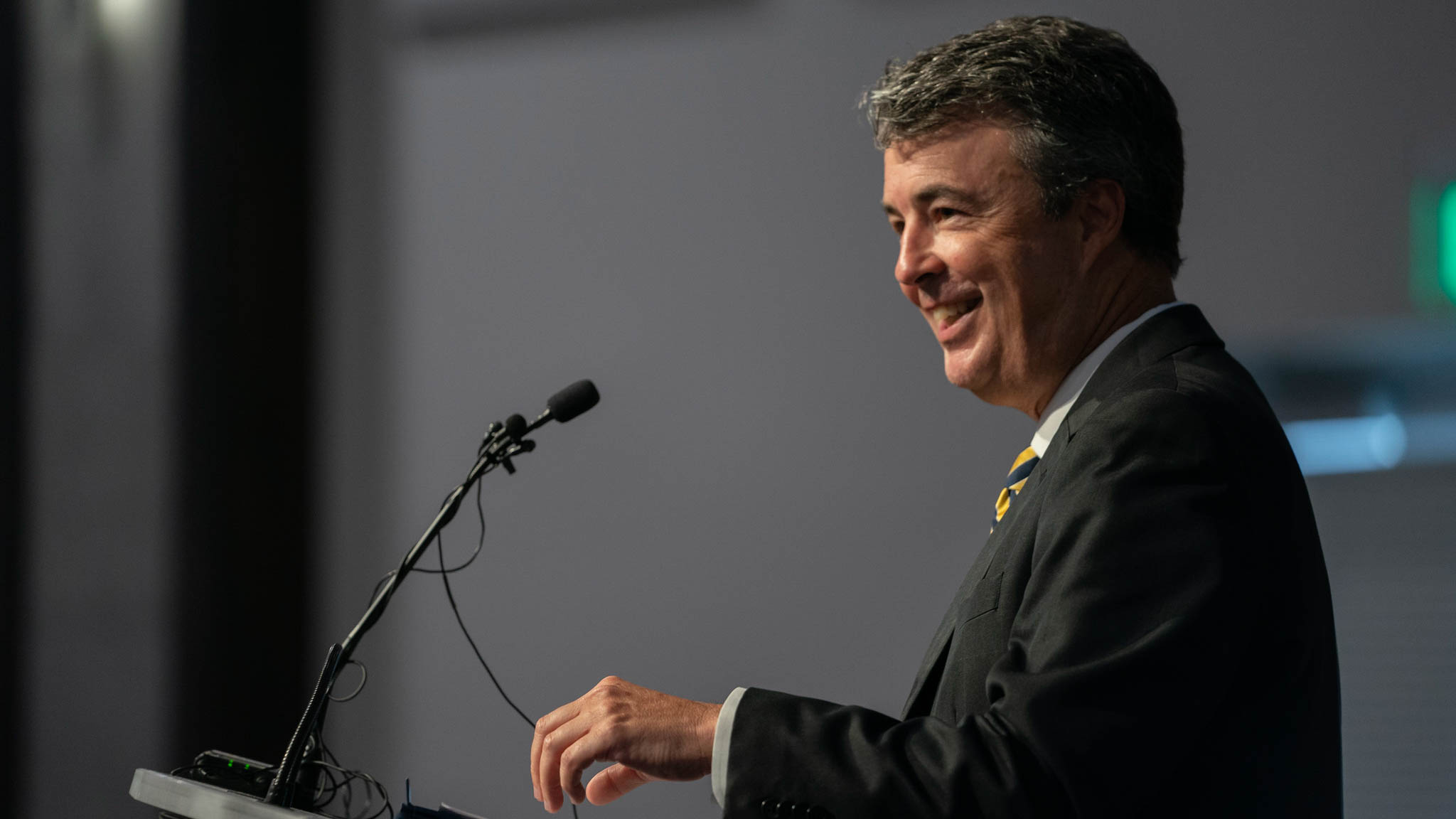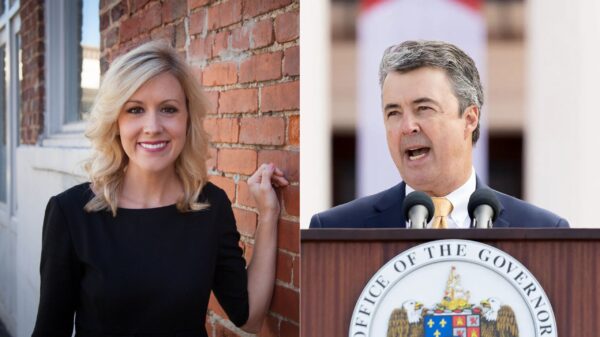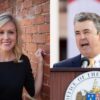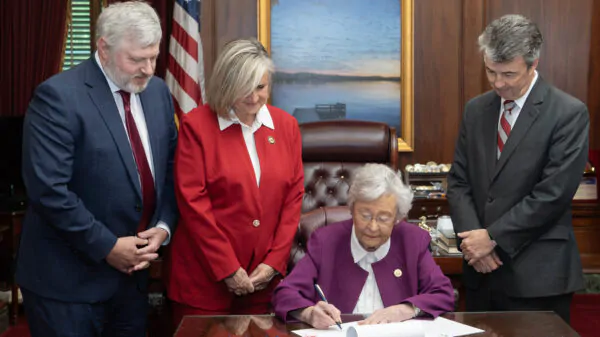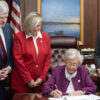The Hamilton Lincoln Law Institute (HLLI), a nonprofit legal organization known for defending individual rights, particularly around free speech and constitutional law, recently sought clarification from Alabama Attorney General Steve Marshall regarding the state’s new law, HB 172, which criminalizes the use of “materially deceptive media produced by [AI for use] in elections.” In response, Marshall confirmed that parody falls outside the scope of the law, offering a narrow interpretation of its application.
HB 172, codified at Ala. Code § 17-5-16.1, aims to address the creation and dissemination of deceptive media in election contexts. Concerns were raised by HLLI, representing Christopher Kohls—known for his satirical political content under the name “Mr. Reagan”—about whether comedic or parody material would fall under the law’s restrictions. Kohls, who is currently being sued by the State of California for his AI-generated parody videos that mock political figures, requested clarification in Alabama as part of his broader legal defense.
In his response to HLLI, Marshall explained that the law is narrowly focused on cases where a “reasonable viewer or listener would incorrectly believe that the depicted individual engaged in the speech or conduct depicted.” He outlined the law’s specific criteria for prosecution, including the requirement that the media must falsely represent an individual, be distributed within 90 days before an election, and be intended to harm a candidate’s reputation or deceive voters. Marshall further noted that a disclaimer could exempt such content from prosecution.
“Act 2024-349 does not apply unless all of these factors are proven,” Marshall stated, emphasizing that parody does not fall under the law’s scope. He also highlighted existing legal precedents that require any ambiguity in criminal statutes to be interpreted in favor of the accused.
The Hamilton Lincoln Law Institute frequently advocates for free speech protections in high-profile cases, often challenging government regulations they view as overreaching. Kohls, who faces legal challenges under California’s AB 2839 for his AI-generated content, has made Alabama a focal point in the ongoing debate over free speech and election integrity. While Marshall’s clarification provides guidance on the limits of HB 172, the broader issue of how AI-generated content is regulated during elections remains unresolved, with both states adopting different approaches to tackling potential misinformation.




































